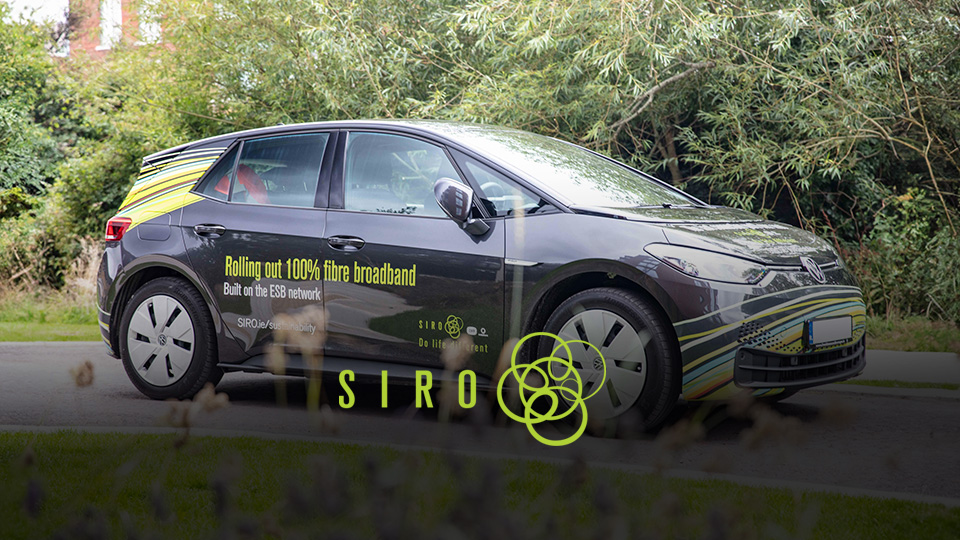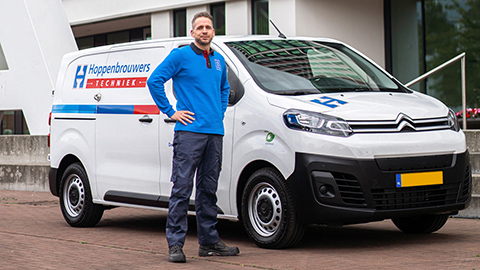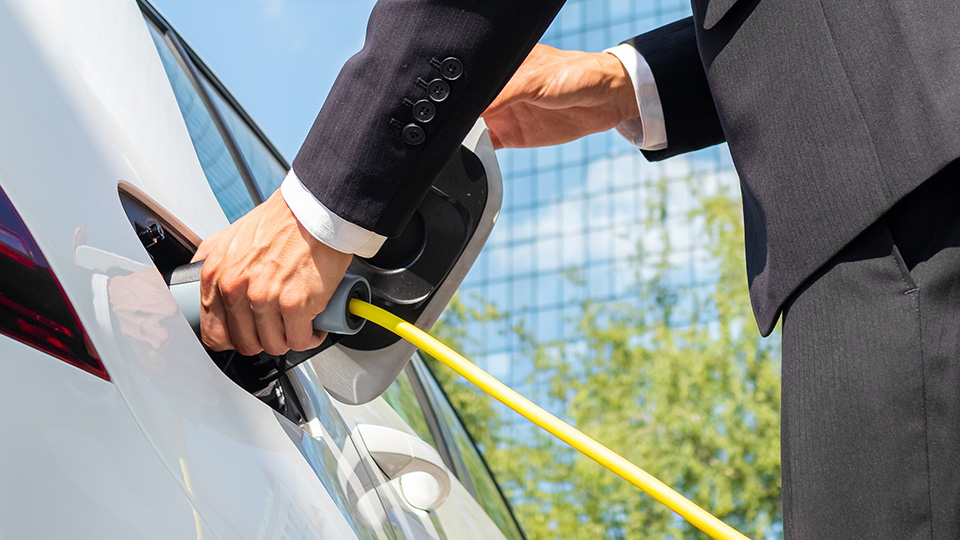Success stories
Filter by
Sort by:
17 Results

Bus and Passenger,
Europe,
Large fleets
HATS Group: Reducing fleet risk with insights from Geotab’s camera-based telematics solution
Find out how HATS Group improved fleet safety to tackle their rising insurance costs, with the help of telematics insights and footage from Geotab’s camera-based telematics solution.

Food and beverage,
Europe,
Large fleets
PepsiCo TR instils fleet safety at the heart of its operations with Geotab
Read how Geotab helps PepsiCo TR achieve its Beyond Zero vision of an injury-free workplace and a culture of positive impact on their employees health and well-being

Bus and Passenger,
Europe,
Small fleets
SIRO optimises its EV operations with real-time EV data support from Geotab
SIRO optimises its EV operations with real-time EV data support from Geotab

Rental (Vehicle Sharing),
Europe,
All fleets
Niza Cars: A connected multi-brand fleet managed through a single platform, with no device required
Discover how Niza Cars effectively manages its multi-brand fleet with Geotab, overcoming challenges such as international geofencing and enhancing the customer experience.

Bus and Passenger,
Europe,
Medium fleets
Dipesa Group Ibiza sees a 20% decrease in fuel consumption and a 10% decrease in traffic accidents
Dipesa Group's environmentally conscious practices lead to significant efficiency gains, fuel savings, and safer transit experiences in Ibiza.

All,
Europe,
Large fleets
Hoppenbrouwers Techniek: Complete fleet control with Geotab's OEM telematics
Read how Hoppenbrouwers Techniek use data visibility to achieve greater efficiency and sustainability with Geotab's OEM telematics

All,
Europe,
Small fleets
euroloo cuts costs and streamlines operations with Geotab and Surecam
Read how euroloo gained total control of their data and their drivers after switching to Geotab from their old telematics provider.

All,
Medium fleets
Riders for Health: Delivering critical healthcare support
GO RUGGED devices and telematics insights are helping Riders for Health deliver critical healthcare support to remote African communities

Bus and Passenger,
Europe,
Large fleets
DB Regio Bus uses telematics to promote innovation for the future of its public transport services
DB Regio Bus uses telematics to promote innovation for the future of its public transport services

Enterprise uncovers the potential of fleet electrification with Geotab’s EVSA
Enterprise and Geotab completed an EVSA study of over 91,000 vehicles to gain insights on their transition to electric. The real world data showed that electrification could save them $33 million (£24.5 m) and 194,000 tonnes of CO2 emissions over four years.

Government,
Europe,
Small fleets
Madrid City Council taps into EV data for sustainability right-sizing
Madrid City Council improved productivity and optimised their fully electric fleet with Geotab telematics, and used the data to eliminate peak hours charging. The data from MyGeotab proved the value of the fleet’s transition to electric, reducing CO2 emissions by 60%.

Waste and Recycling,
Europe,
Medium fleets
Ferrovial Services integrates third-party systems with MyGeotab
Using the MyGeotab platform that supports third-party services, Ferrovial Services were able to integrate vehicle data from the Geotab GO Device, together with third party weight sensors and weather data to optimise routes and reduce operational costs.